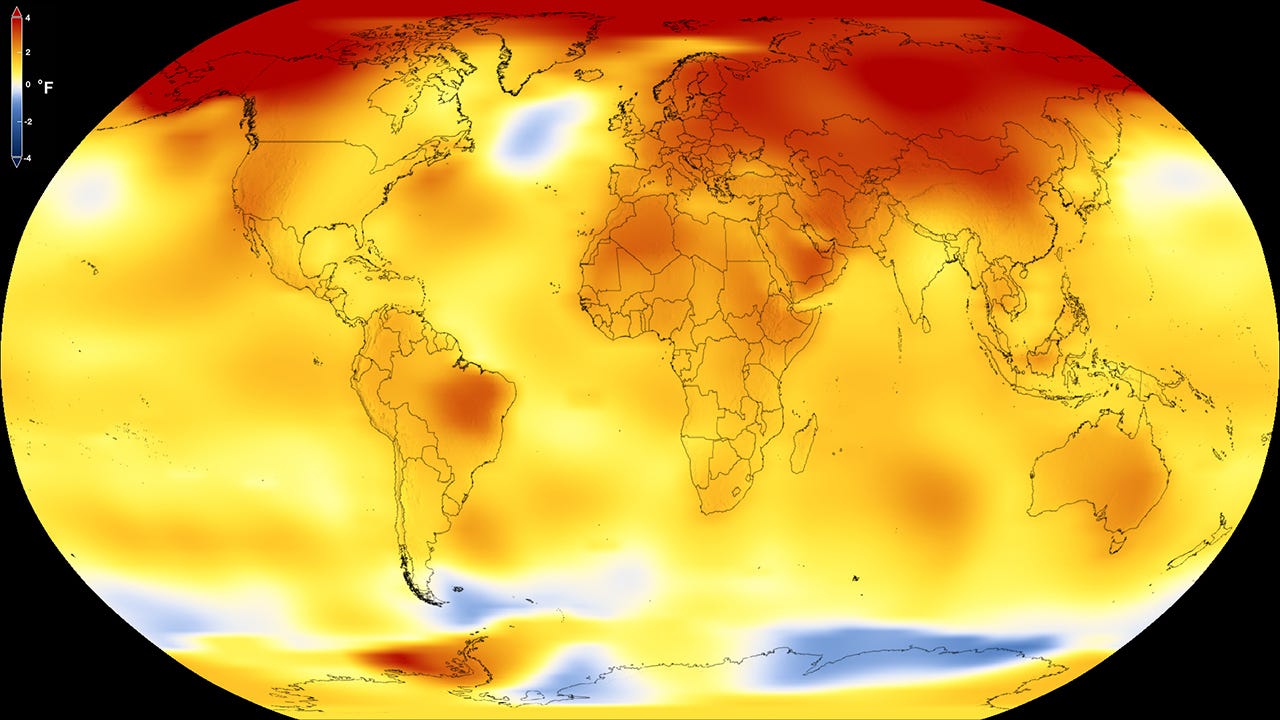Climate science findings are back online

The previous US administration removed scientific information from government websites. The effort was so widespread and contrary to law and practice, it was described by some as a coordinated cover-up of information about worsening, dangerous, and costly climate disruption.
Scientists who resisted the disappearing of vital scientific information were sidelined, silenced, and removed from career positions. The persecution of scientists and the deletion of scientific findings were part of the administration’s attempt to eliminate environmental regulations major Trump financial backers opposed.
They went as far as to remove independent scientists and world-leading experts from advisory panels, replacing them with industry-employed scientists with a vested interest in policies developed from their advice. They also moved to gut EPA authority, even where regulatory action is explicitly mandated by federal law:
Asking states to develop their own standards, on whatever criteria they wish, to meet Clean Water Act protection requirements;
Prohibiting EPA from using any public health information to regulate harmful pollutants;
Refusing to limit use of toxic pollutants known to cause serious and terminal illnesses and death.
Not even 2 months into his Presidency, Trump launched a multi-agency assault on science and evidence-based policy. A 2018 news item published by Nature described the situation this way:
Since assuming power, [the Trump] administration has launched more assaults on the EPA than on any other science agency. The president has sought to slash its budget by nearly one-third, and Pruitt’s team has tried to weaken the part that science plays in setting environmental regulations. He barred some top researchers from participating in EPA advisory panels, and replaced them with scientists who are more friendly to industry. All of this has elevated the power of corporations to influence the rules that govern chemicals and pollutants.
There have been persistent allegations of a pay-to-play racket driving the Trump administration’s aggressive interference with science, evidence, and legally required efforts to protect public health and safety. An investigation by the independent Inspector General, as reported by the Chicago Tribune, found:
Industry-connected political appointees in the Trump administration blocked the U.S. Environmental Protection Agency from investigating ethylene oxide polluters and prevented career staff from warning thousands of Americans who live near sources of the cancer-causing gas…
Now, the critical work of restoring full public access to sound scientific information is ramping up:
In March, the Environmental Protection Agency restored its climate change website.
Now, the climate science graphs, which illustrate the steadily worsening threat posed by unchecked global heating, are back online.
NASA is also reinvigorating its climate science work, which never stopped, but was less visible, during the previous administration.
In March, the new EPA Administrator Michael Regan reiterated the agency’s commitment to scientific integrity, telling staff:
Science and law form the backbone of policymaking at the U.S. Environmental Protection Agency. The agency’s scientific integrity policy, written in 2012, notes that EPA’s “ability to pursue its mission to protect human health and the environment depends upon the integrity of the science on which it relies.” Today, I am reaffirming scientific integrity as a core value at EPA and outlining concrete steps to reinforce the agency’s commitment to science.
In April, Regan notified staff of a renewed focus on environmental justice. His message noted it is often the most vulnerable and underrepresented who suffer the most from pollution. He committed that the Agency would “Strengthen enforcement of violations of cornerstone environmental statutes and civil rights laws in communities overburdened by pollution.“
Climate impacts—whether geophysical, health-related, or economic—are most destructive to the most vulnerable. We learned from COVID-19 that degradation of natural systems can unleash catastrophic harm and cost on even the wealthiest. Restoring access to evolving climate science is critical to protecting health, safety, rights, and opportunity, for all.
The Earth Intelligence podcast recently interviewed Tina Johnson, about her work on environmental justice. Listen here:
We also examined the question last year of whether science—and access to better outcomes based on the best-available science—is a human right:

